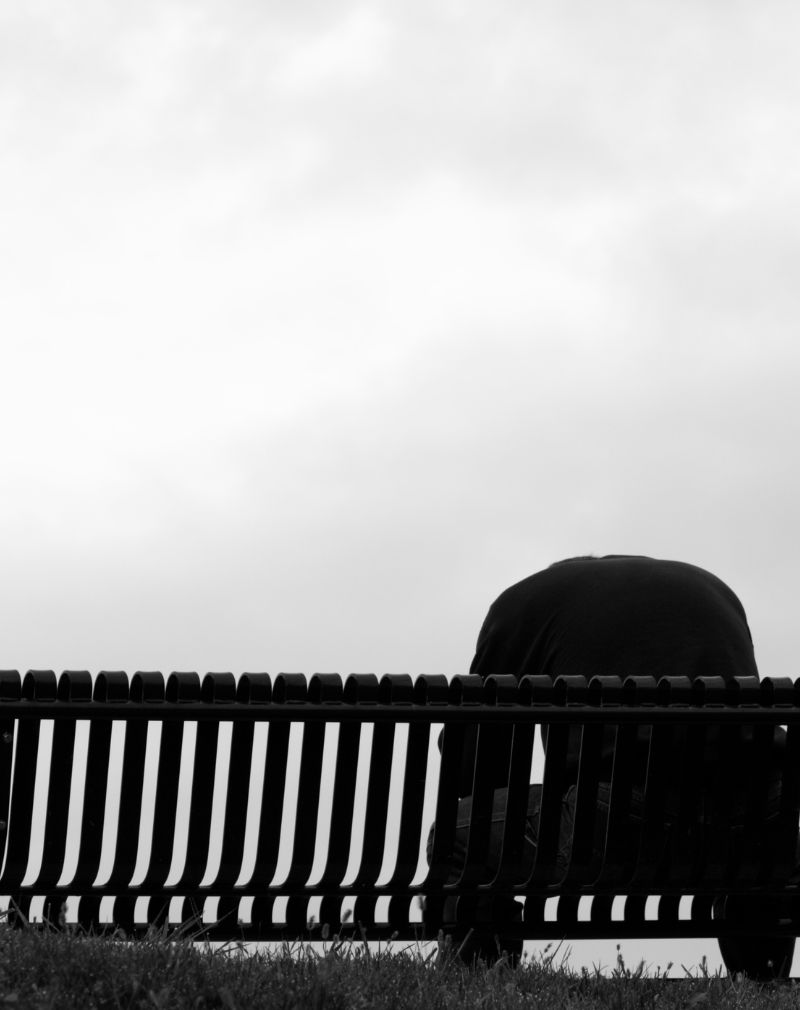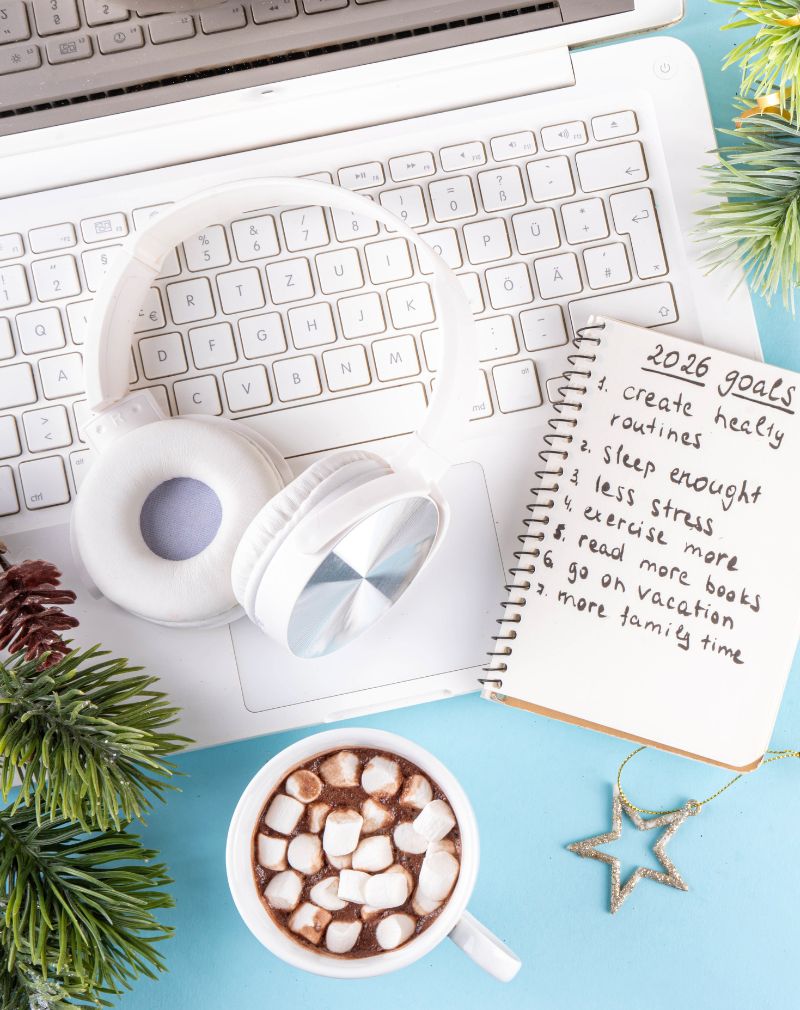Have you ever sat alone after something went wrong and thought, “Maybe I’m just not good enough”?
It’s a heavy feeling. Like the air around you has changed. The noise of self-doubt grows louder, and hope feels far away.
You’re not alone in feeling this. According to the World Health Organization, over 264 million people live with depression. And failure, whether it’s a lost job, a broken relationship, or a dream that didn’t work out—is one of the most common triggers.
But here’s the thing most people don’t say out loud: failure hurts, but it’s not the end.
At The American Wellness Center in Dubai Healthcare City, we meet people every day who are carrying these quiet, heavy moments. Many walk in feeling stuck. But with the right support, especially from trained psychologists who truly listen and care—they find a way forward.
Our Psychology Department focuses on helping adults rebuild after setbacks. No judgment. Just support, tools, and steady guidance.
Because while failure can shake your confidence, it doesn’t have to steal your future.
And if you’re reading this, maybe a part of you is still hoping. Even if it’s just a small part.
That’s enough to begin. Let’s talk about what comes next.
Understanding the Emotional Impact of Failure
Failure doesn’t just disappoint you. Sometimes, it rewrites the way you see yourself.
You may feel ashamed. Or guilty. Or start second-guessing every decision you made leading up to that moment. For some, it’s a quiet hum in the background. For others, it’s loud enough to keep them up at night.
And here’s the truth—this is common. Not weak. Not unusual. Just human.
At The American Wellness Center in Dubai Healthcare City, many adults we support share the same story, in different words. They talk about feeling “stuck in their own head” or “just not feeling like themselves anymore” after a setback. Our psychology team helps them understand why that happens. That’s often the first step toward healing.
From a brain science point of view, failure activates the same areas associated with physical pain. Your brain literally processes rejection or defeat as if you’ve been hurt physically. This can lead to a loop of negative self-talk, doubt, and emotional shutdown. It’s your mind trying to protect you—but it doesn’t always help.
Here’s what the numbers say:
- A 2024 study from the Journal of Affective Disorders found that individuals who experienced major personal or career failures were 2.5 times more likely to develop depressive symptoms within the following six months.
- In that same study, those with minimal emotional support reported feeling “chronically defeated,” which often led to long-term mental health concerns.
So, if you’re feeling low after a setback, it’s not just in your head. It’s very real. And it deserves care—not silence.
That’s where the Psychology Department at The American Wellness Center steps in. Whether you’re dealing with the emotional aftermath of a failed business, a personal relationship, or even something you haven’t fully processed yet, there’s a place here to unpack it. Safely. At your own pace.
You’re not broken. You’re just healing from something that mattered.
And that’s a good place to start.
The Science of Resilience and Recovery
Resilience isn’t about being tough all the time. It’s about learning how to bend without breaking.
Think of it like a muscle. You can build it. Strengthen it. Even train it to help you bounce back faster after tough experiences.
At The American Wellness Center in Dubai Healthcare City, resilience is a key part of how we help adults move forward after failure. It’s not just about “getting over it.” It’s about understanding what happened, feeling what you need to feel, and then taking small, steady steps to recover.
Here are a few tools our psychologists often use:
- Cognitive reframing – learning to shift the way you interpret setbacks, so they don’t define your self-worth.
- Mindfulness practices – simple ways to stay grounded in the present moment, rather than spiraling into worry.
- Support systems – knowing when to reach out, and how to surround yourself with people who remind you that you’re not alone.
And these tools work.
A 2024 report from the International Journal of Mental Health Resilience found that people who engaged in structured resilience-building programs saw a 30% improvement in their coping abilities within just two months.
That kind of shift can make the difference between staying stuck and starting again.
Which brings us to something equally important.
The Role of Professional Support in Healing
Sometimes, no matter how hard you try on your own, it’s just not enough.
That’s not failure. That’s being human.
At The American Wellness Center, our Psychology Department offers professional support that’s rooted in evidence, not guesswork. Our therapists are trained in methods like Cognitive Behavioral Therapy (CBT)—a practical, proven approach that helps people untangle destructive thought patterns and build healthier emotional habits.
CBT is especially effective after failure. Why? Because it teaches you how to spot the automatic thoughts like “I’ll never be good enough” and replace them with something more honest and less harsh.
Depending on what you need, we offer:
- One-on-one sessions with experienced psychologists.
- Group therapy that connects you with others facing similar struggles.
- A calm, confidential space where you can talk without pressure.
And it helps.
A 2024 survey by Mental Health Outcomes International showed that individuals who received therapy after a major setback experienced a 40% drop in feelings of hopelessness over a 6-week period.
That’s the difference between waking up and feeling stuck… and waking up with even the smallest sense of direction.
Cultivating Hope and Setting New Goals
Once the fog lifts—even just a little—you start to realize something important.
You still have time.
And while the path forward may look different than what you imagined, that doesn’t mean it can’t still be meaningful.
At The American Wellness Center in Dubai Healthcare City , we often work with patients to help them rebuild their sense of purpose. This might mean setting new, smaller goals. It could be learning to enjoy the little wins again. Or simply giving yourself permission to start over.
Some tools that work especially well during this stage:
- Gratitude journaling – noticing what is working, even on hard days.
- Visualization exercises – imagining a life you’d want to grow into, rather than focusing on what you lost.
- Values exploration – figuring out what matters to you now, not just what used to.
These aren’t just feel-good activities. They’re backed by science.
A 2024 study published in the Journal of Positive Psychology found that individuals who practiced structured positive psychology techniques experienced a 25% boost in overall life satisfaction within three months.
And for many, that small flicker of hope is the beginning of real, lasting change.
Hope, after all, doesn’t return in loud, dramatic ways. It comes back quietly. In the little things.
A thought that isn’t as dark. A plan for tomorrow. A breath that doesn’t feel heavy.
And if you’re not there yet, that’s okay. That’s why we’re here.
Community and Peer Support
Sometimes healing begins when you hear someone else say, “Me too.”
There’s comfort in shared experiences. In knowing you’re not the only one who’s been through it. That kind of connection can be just as powerful as therapy.
At The American Wellness Center in Dubai Healthcare City, we see how much people grow when they feel understood. That’s why we offer peer support groups—spaces where people who’ve faced setbacks can talk, listen, and heal together.
These groups aren’t about fixing anyone. They’re about showing up as you are, with others who get it.
And they work. A 2024 analysis in The Journal of Community Mental Health reported that people who joined structured support groups saw a 35% improvement in coping skills over just two months.
It’s proof that hope doesn’t always come from a single moment. Sometimes, it comes from community.
Failure can feel heavy. It can make you question your worth and shake your sense of direction. But it doesn’t have to end there.
With the right support, you can build resilience. You can feel better, think clearer, and start again—on your own terms.
At The American Wellness Center in Dubai Healthcare City, we’re here for that journey. With experienced psychologists, real connection, and care that meets you where you are.
If this feels like something you need—or something someone you love needs—reach out.
Even one conversation can open a door. And you deserve to walk through it when you’re ready.



